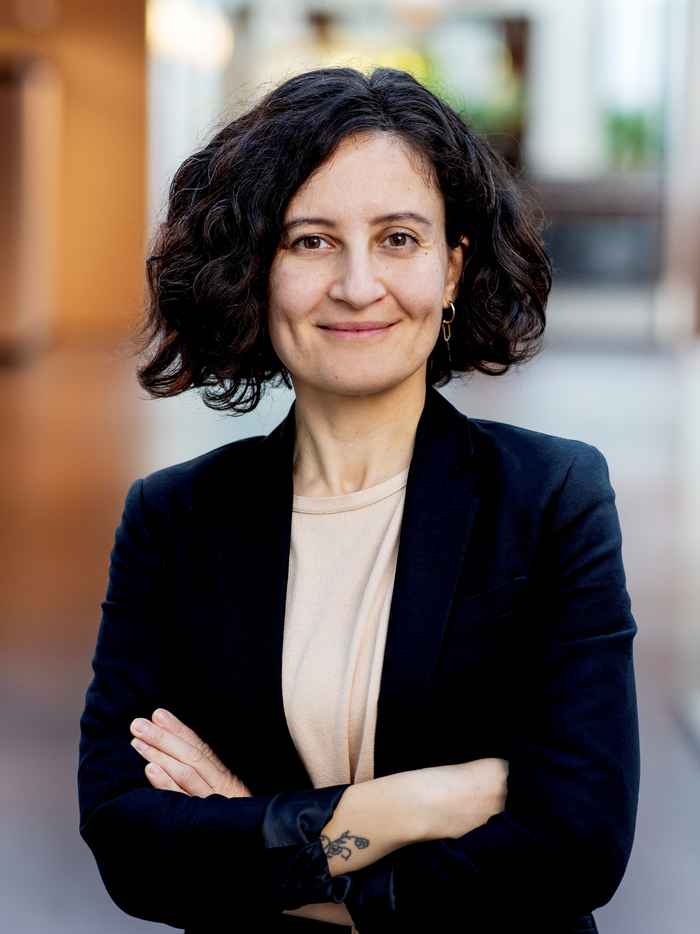No Duties, Only Opportunities: Embracing Scientific Exchange at IAS
Blog by Alumni Fellow Sibel Eker
10 July 2024

My conversations with the director of IAS at the University of Amsterdam (UvA), dear Julia Hofmann, repeatedly involved a similar dialog. Whenever I asked about my duties, the response was the same: I was there to engage in and stimulate interdisciplinary scientific exchange.
Starting my fellowship in February 2024, I quickly started to enjoy the abundance of interaction opportunities, either in informal lunchtime discussions or numerous talks and workshops IAS hosted every day. The IAS fellowship community was incredibly diverse, comprising medical doctors, psychologists, computer scientists, political scientists, journalists, and artists. This diversity fostered a rare environment where I could learn new knowledge and understand the perspectives of different disciplines. Having relocated to the Dutch academia rather recently from Austria, this fellowship also allowed me to familiarize myself with Dutch academic communities and their customs.
My research focuses on analyzing and quantifying the role of societal change in climate change mitigation and sustainable development. Specifically, I aim to improve the representation of human systems in integrated assessment modeling of mitigation scenarios, assessing the potential and drivers of low-carbon behavior changes. At IAS, my goal was to harmonize theories of social change from different disciplines into a unified framework applicable to climate change. Additionally, I tried to identify the computational methods best suited to quantify these changes. During my fellowship, I progressed towards this goal, gaining insights into social change and social tipping points from behavioral and political scientists, as well as communication experts. I was also inspired by modeling studies presented by machine learning experts and complexity scientists.
Studying and modeling social change for climate action is inherently challenging due to the complexity of real life. Scientists are often criticized for being out of touch with reality, isolated in their ivory towers. The quiet fellows office in Oude Turfmarkt offered a perfect balance: it was an ideal vantage point to observe the vibrant and diverse society passing by Muntplein, while also providing the headspace needed to reflect on these observations. I am grateful to IAS for this wonderful opportunity, and I encourage anyone interested in interdisciplinary scientific exchange to apply for this fellowship without hesitation.